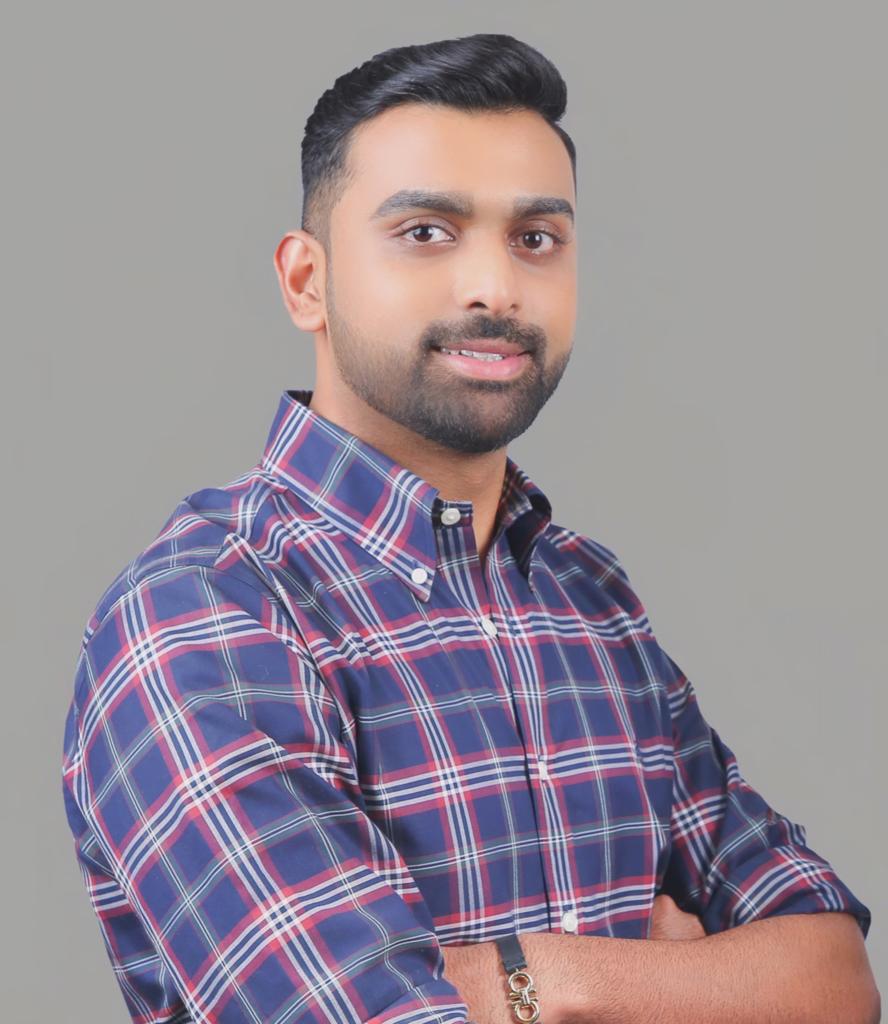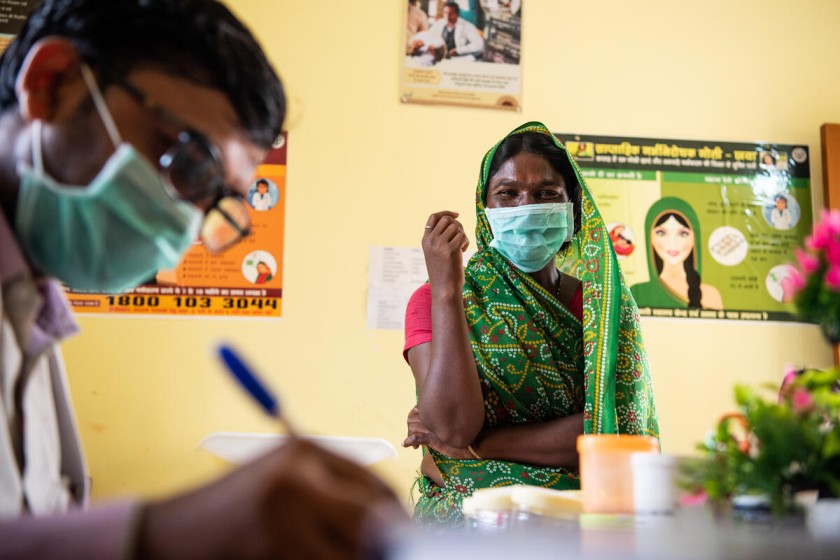Jayant Pal Singh is the Co-founder of Femtech India which is a Bangalore-based firm that aims to build an exclusive network to empower the female-led technology wave in India. In this opinion piece, he writes on the various aspects of women health issues in India and suggests a comprehensive approach to solve the problem.
In India, enhancing women's access to healthcare is essential for achieving gender equality. According to the World Economic Forum's 2021 Global Gender Gap Report, India now ranks at 140th out of 156 nations in terms of gender inequality. This indicates how the nation is doing in terms of its citizens' health and ability to survive, as well as their access to economic opportunity and educational opportunities.
Also, the most recent  National Family Health Survey (NFHS-5) provided an overview of India's progress toward gender equality and healthcare. There are currently more women than ever who have their own phones nationwide (although there are still differences in rural India). Furthermore, from 73.8% in 2015–16 to 92% in 2022–23, married women made more healthcare-related family decisions. But, there are still gaps to overcome despite the obvious growth in women's healthcare.
National Family Health Survey (NFHS-5) provided an overview of India's progress toward gender equality and healthcare. There are currently more women than ever who have their own phones nationwide (although there are still differences in rural India). Furthermore, from 73.8% in 2015–16 to 92% in 2022–23, married women made more healthcare-related family decisions. But, there are still gaps to overcome despite the obvious growth in women's healthcare.
The primary health concerns of women can be broken down into a number of categories, ranging from menopause and non-communicable diseases such as thyroid dysfunction, to pregnancy difficulties, pregnancy mortality, and hormonal or nutritional deficiencies (such as anemia). In addition to a woman's general health and well-being, these can have an impact on other facets of her life, including her social life, personal finances, and productivity at work. Many women are reluctant to ask for assistance even if there are options. Women frequently put their personal health last on their family's priorities list. With the help of a developed FemTech ecosystem, we can start addressing problems throughout a woman's whole life cycle by increasing awareness, education, and access to services.
As a matter of fact, there will be close to 1.1 billion menopausal women worldwide by 2025. Society depends on these women who are in the prime of their lives and may be at the pinnacle of their professions. However, a lot of women view this era of life negatively. Due to factors like social stigma and low awareness, half of the menopausal women are reluctant to seek medical attention for their symptoms, even if some of them may be incapacitating. Given that menopause is a normal part of life, society needs to accept it as such and be more open to discussing it, its symptoms, and ways to treat it.
Such taboos and myths, which generally delay diagnosis and impede women from reaching their full potential, can be addressed by community-wide awareness programs. Thus, it is crucial to encourage women for early detection and preventative care. Women, for instance, have different dietary needs than men. Their biological requirements change according to their menstrual cycles, different life stages, vitamin deficits, hormonal shifts, and other factors. A woman's diet is influenced by her physical activities, metabolism, and body types. They have a larger requirement for vitamins and minerals with a balance of iron and folic acid intake.
Additionally, comprehensive support is crucial if women are to feel comfortable talking to others about their health. For women to feel comfortable engaging in dialogues where they can be equipped with pertinent knowledge and tools to manage their health concerns, it is crucial that they have access to safe locations. We may promote high-quality patient-centric care by expanding opportunities for trustworthy engagement between medical professionals and patients, as well as by providing more options for support and psychological counselling.
Education about women's health is crucial for both patients and healthcare professionals. This is especially true for diseases like endometriosis and anemia that have been incorrectly diagnosed and ignored. By enhancing the skills of healthcare professionals, such as through training modules, we may broaden the scope of their knowledge of current trends and efficient procedures. For instance, being pregnant may be both a joyful and anxious feeling. Few FemTech companies have established gynecology anemia checklists throughout India to assist physicians in managing iron deficiency anemia in pregnancy and prevent health issues, improve maternal health, and ensure safer childbirths.
Scaling access is a crucial component of the overall picture as these healthcare solutions become available to aid medical professionals and people. Collective action by numerous stakeholders is essential to providing women in underserved areas, such as rural and peri-urban areas, with healthcare options. A sustainable strategy requires the cooperation of national and state governments, business associations, private parties, and public-private partnerships.
Women who have access to reliable information can take care of health issues they may have put off in the past and succeed in their personal, social, and professional lives. We need to work to improve their understanding of health issues like non-communicable diseases, nutrition, and menstrual hygiene while also enabling them to participate in both indoor and outdoor sports. This includes assisting them in improving their problem-solving skills through access to digital tools for science-based learning. We need to make sure they keep excellent health so they may reach their full potential by giving them the tools they need to be future-ready, like encouraging healthy choices and preventive behaviours.
Women's health has to be a national priority, supported by the synergy between teamwork and cutting-edge healthcare technology. In order to advance the future of equity and empowerment in Indian healthcare, the FemTech ecosystem in India also aims to keep investing in extending the range of healthcare services for women and girls.





 National Family Health Survey (NFHS-5) provided an overview of India's progress toward gender equality and healthcare. There are currently more women than ever who have their own phones nationwide (although there are still differences in rural India). Furthermore, from 73.8% in 2015–16 to 92% in 2022–23, married women made more healthcare-related family decisions. But, there are still gaps to overcome despite the obvious growth in women's healthcare.
National Family Health Survey (NFHS-5) provided an overview of India's progress toward gender equality and healthcare. There are currently more women than ever who have their own phones nationwide (although there are still differences in rural India). Furthermore, from 73.8% in 2015–16 to 92% in 2022–23, married women made more healthcare-related family decisions. But, there are still gaps to overcome despite the obvious growth in women's healthcare.


.jpg)










